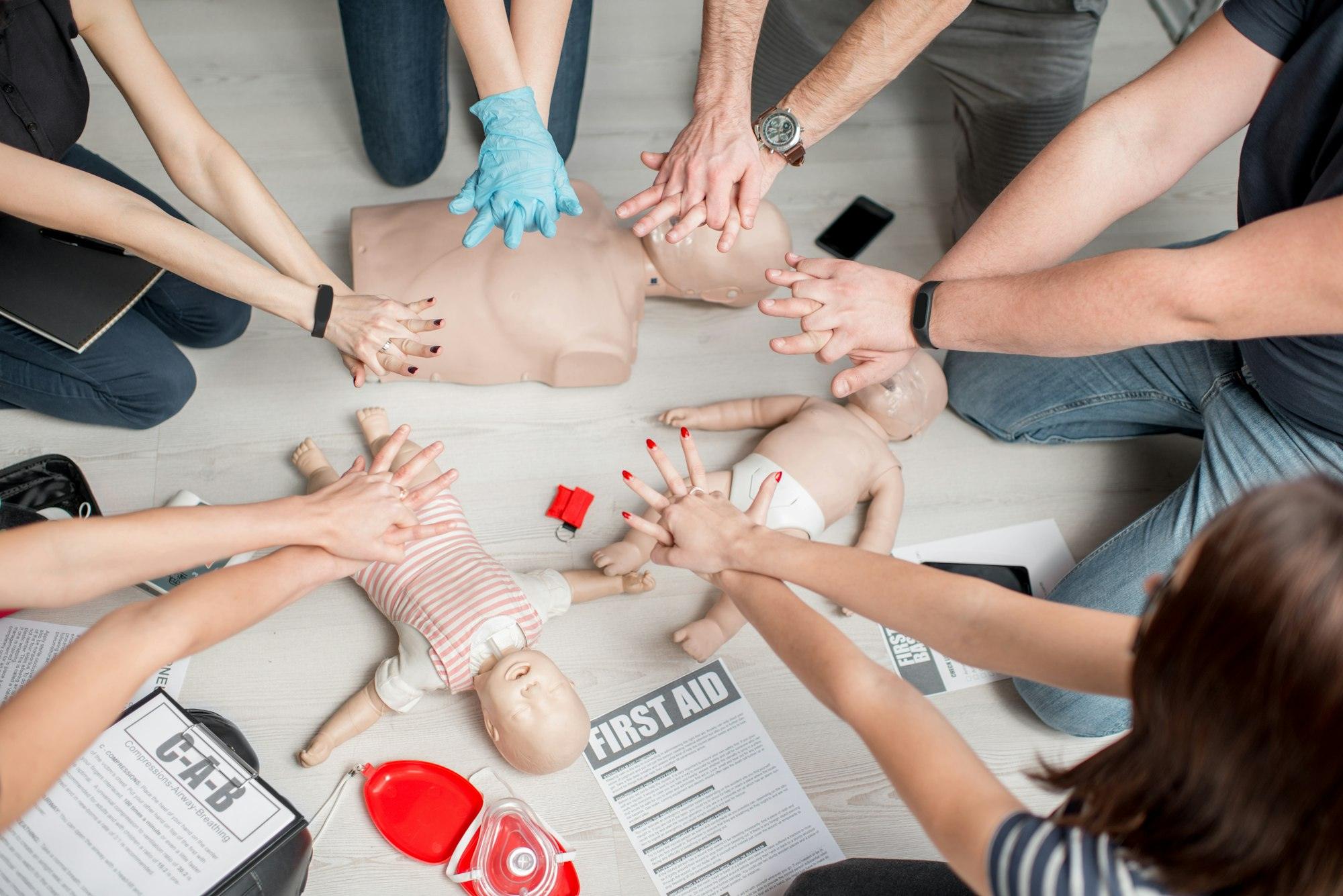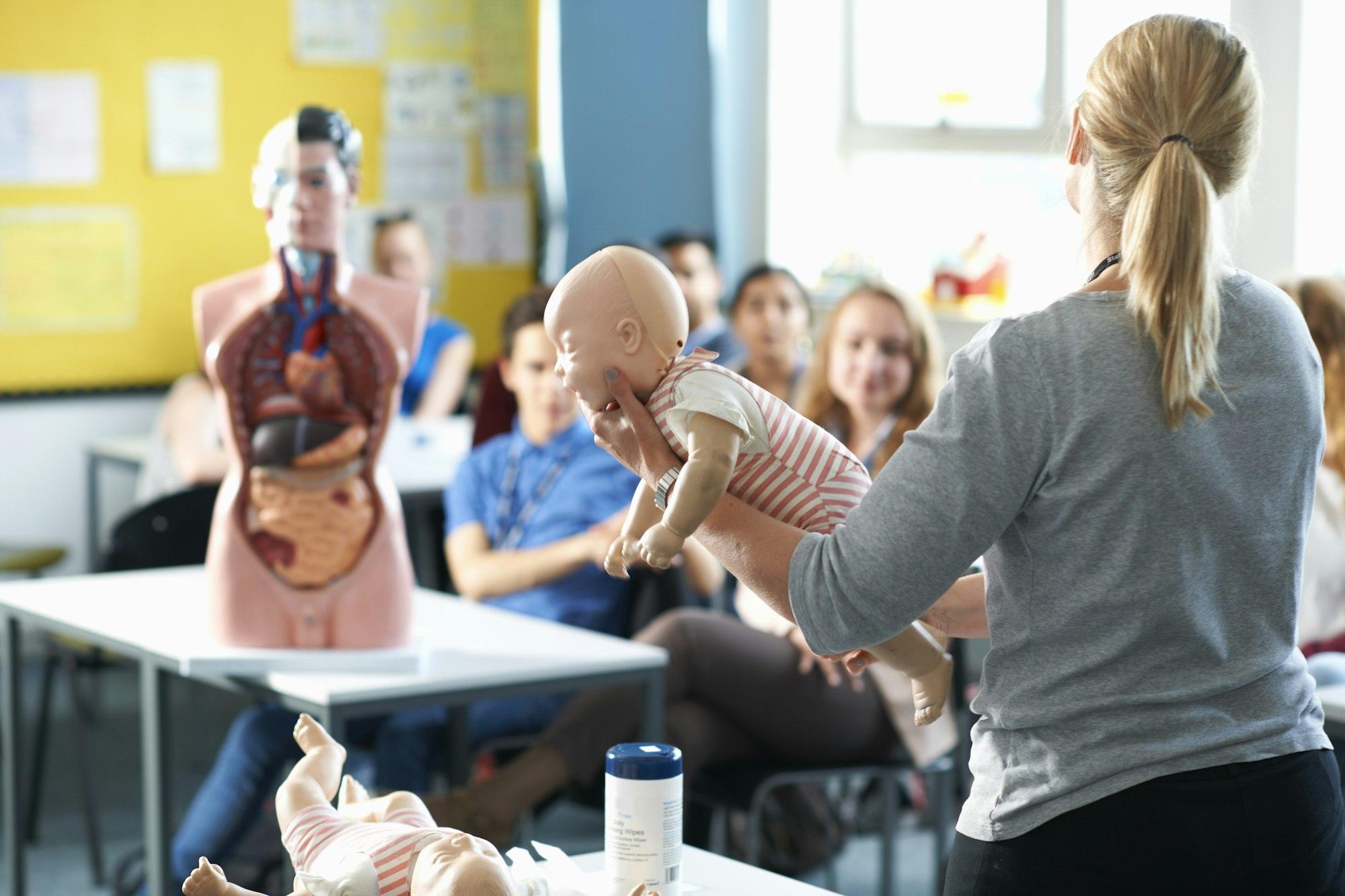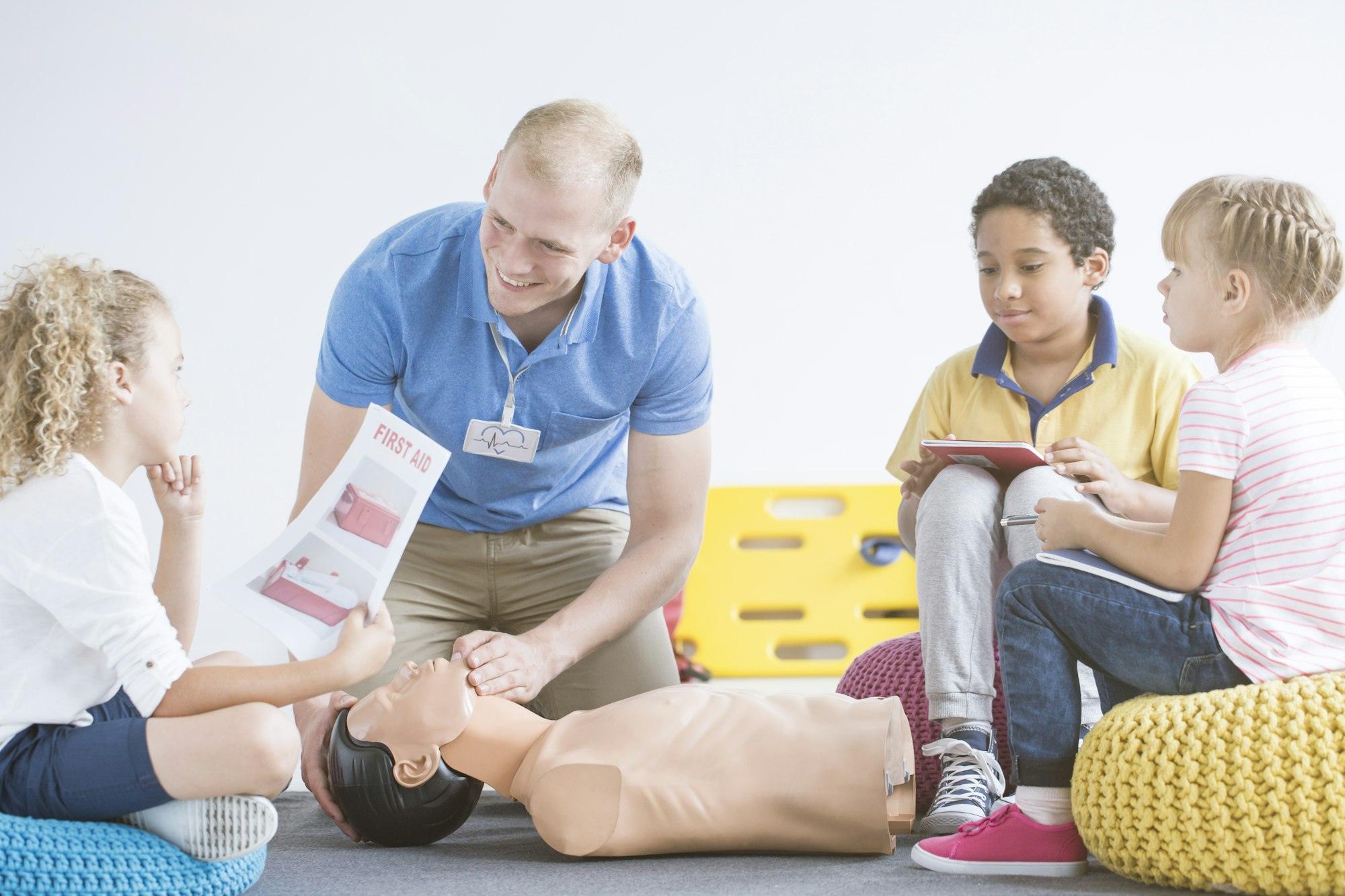What is ADHD?
Mental Health 1st Aid ADHD. Attention deficit hyperactivity disorder (ADHD) is a group of behavioural symptoms that include inattentiveness, hyperactivity and impulsiveness.
Is ADHD a serious mental illness?
Research has suggested that ADHD is not caused by factors such as, bad parenting, too much sugar intake, poverty or family disputes, however the following factors are most likely to cause ADHD;
Those most likely to be diagnosed with ADHD are boys and not girls.
Individuals who has been exposed to environmental toxins, this like lead that is found mainly in certain paints or in old buildings.
If their mother has used any drugs, smoked tobacco or drank excessive amounts of alcohol during pregnancy and if they were born prematurely.
Mental Health 1st Aid ADHD
Genetical – if any family members, such as parents or siblings has been diagnosed with ADHD or any other mental health illness
Symptoms of HDHD typically appear between the age of 3 to 6. The mentioned factors may not trigger ADHD but the more of the above you have the high the risk is of getting ADHD
What are the possible causes of ADHD? 
The exact cause of ADHD is unknown, but it has been identified that it is mainly inherited.
However, research has identified a number of other potential triggers, which can be;
The brain
It is understood the brain can cause poor communication messages which in turn can cause ADHD. This has been related to people who does not have the condition.
Other factors that have been suggested as possible causes involving the brain is over stimulation. This means if the person is instructed with too much information at once and they cannot identify what is relevant and what is not. This can cause the lack of interest by paying too much attention at too many tasks.
During pregnancy
A number of different factors can be possible causes of ADHD during the pregnancy stage, things such as;
Being born premature (mainly earlier then the 37th week of the pregnancy)
Having a low birth weight
if the mother was Smoking, drinking alcohol or having drug abuse during the pregnancy
Poor diet
Certain experts have claimed that some food additive can trigger a form of hyperactive behaviour. The Food Standard Agency (FSA) has provided a chart showing different mixtures of artificial colouring in different foods can increase hyperactive behaviour – this chart can be found at
Food Standard Agency. 2020. Food Standard Agency. [ONLINE] Available at: https://www.food.gov.uk/safety-hygiene/food-additives. [Accessed 3 July 2020].
Mental Health First Aid ADHD TV exposure
Studies have shown that allowing young children under the age of three to watch too much TV per day, can be a cause of attention span and possibly contribute the ADHD in later life
It’s thought that around 2% to 5% of school-aged children may have ADHD. This can occur in people of any rational capability, with that said its often common in individuals with any type of learning difficulties.
Mental Health 1st Aid ADHD, How it affects
The individual
Individual with ADHD can find it very difficult to fit in to school routines as they are overactive and impulsive. This can be very of putting by other children and prevent the person making friends with them.
They may also not understand the condition the person has and think they are not normal. At times this can lead to conflict with others and getting excluded from school.
ADHD could also affect the persons performance and possible affect future employment prospects. The individual may have difficulties in any type of physical risks.
Mental Health 1st Aid ADHD. Their life
ADHD can have lasting effects during their life as they get older, for example; The individual may have difficulties in carrying out every day activities tasks, such as going shopping and organising normal daily tasks.
The person could have difficulties making and or keeping friends, or even establish a long-term relationship with a partner.
People with ADHD may be prone to be more dangerous at driving and also underachieve in their studies or work.
How an individual’s ADHD may affect others.
As with all mental health, ADHD will not just affect the individual but also others around them such as friends and family.
Family and even friend of the person with ADHD may feel guilty because they could think this type of behaviour is down to their own poor parenting. This can become very exhausting by the persons hyperactivity and also become frustrating if the disorder is not managed properly.
Parents can become very angry with the young person if they think they are just badly behaving.
As with parents, ADHD in adults will affect others such as partners and friends, in a number of diverse ways;
Mental Health 1st Aid ADHD
Feeling unwanted is a common affect as the lack of attention they receive can sometimes be understood as a lack of interest in them. This can become frustrating for none-ADHD people and they can become emotionally affected due to bottling their feeling up in order to avoid any the of conflict.
It can cause stress to the none-ADHD person and eventually become exhausted – this is because the carry most the responsibilities that other family members. This can eventually have a break down in the relationship
For further information on our Mental Health 1st Aid ADHD courses please contact us here or for our mental health done for you training package please see here
Please see our range of eLearning course HERE











